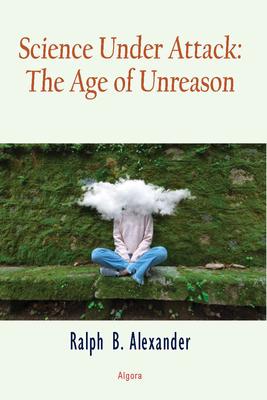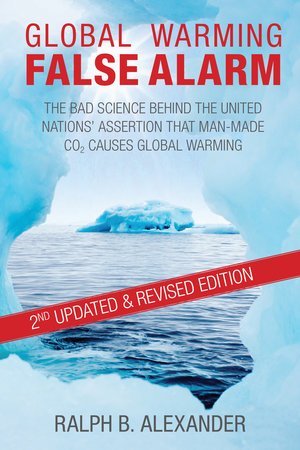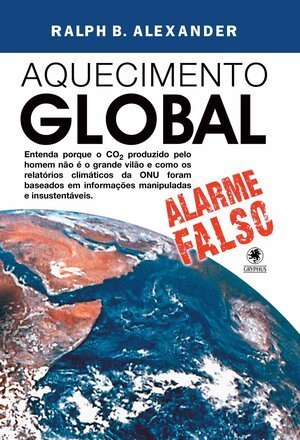On Science Skeptics and Deniers
/Do all climate change skeptics also question the theory of evolution? Do anti-vaccinationists also believe that GMO foods are unsafe? As we’ll see in this post, scientific skepticism and “science denial” are much more nuanced than most people think.
To begin with, scientific skeptics on hot-button issues such as climate change, vaccination and GMOs (genetically modified organisms) are often linked together as anti-science deniers. But the simplistic notion that skeptics and deniers are one and the same – the stance taken by the mainstream media – is mistaken. And the evidence shows that skeptics or deniers in one area of science aren’t necessarily so in other areas.
The split between outright deniers of the science and skeptics who merely question some of it varies markedly, surveys show, from approximately twice as many deniers as skeptics on evolution to about half as many deniers compared to skeptics on climate change.
In evolution, approximately 32% of the American public are creationists who deny Darwin’s theory of evolution entirely, while another 14% are skeptical of the theory. In climate change, the numbers are reversed with about 19% denying any human role in global warming, and a much larger 35% (averaged from here and here) accepting a human contribution but being skeptical about its magnitude. In GMOs, on the other hand, the percentages of skeptics and deniers are about the same.
The surveys also reveal that anti-science skepticism or denial don’t carry over from one issue to another. For example, only about 65% of evolutionary skeptics or deniers are also climate change skeptics or deniers: the remaining 35% who doubt or reject evolution believe in the climate change narrative of largely human-caused warming. So the two groups of skeptics or deniers don’t consist of the same individuals, although there is some overlap.
In the case of GMO foods, approximately equal percentages of the public reject the consensus among scientists that GMOs are safe to eat, and are skeptical about climate change. Once more, however, the two groups don’t consist of the same people. And, even though most U.S. farmers accept the consensus on the safety of GMO crops but are climate change skeptics, there are environmentalists who are GMO deniers or skeptics but accept the prevailing belief on climate change. Prince Charles is a well-known example of the latter.
Social scientists who study such surveys have identified two main influences on scientific skepticism and denial: religion and politics. As we might expect, opinions about evolution are strongly tied to religious identity, practice and belief. And, while Evangelicals are much more likely to be skeptical about climate change than those with no religious affiliation, climate skepticism overall seems to be driven more by politics – specifically, political conservatism – than by religion.
In the political sphere, U.S. Democrats are more inclined than Republicans to believe that human actions are the cause of global warming, that the theory of evolution is valid, and that GMO foods are safe to eat. However, other factors influence the perception of GMO food safety, such as corporate control of food production and any government intervention. Variables like demographics and education come into the picture too, in determining skeptical attitudes on all issues.
Lastly, a striking aspect of skepticism and denial in contemporary science is the gap in opinion between scientists and the general public. Although skepticism is an important element of the scientific method, a far larger percentage of the population in general question the prevailing wisdom on scientific issues than do scientists, with the possible exception of climate change. The precise reasons for this gap are complex according to a recent study, and include religious and political influences as well as differences in cognitive functioning and in education. While scientists may possess more knowledge of science, the public may exhibit more common sense.
Next week: Use and Misuse of the Law in Science





